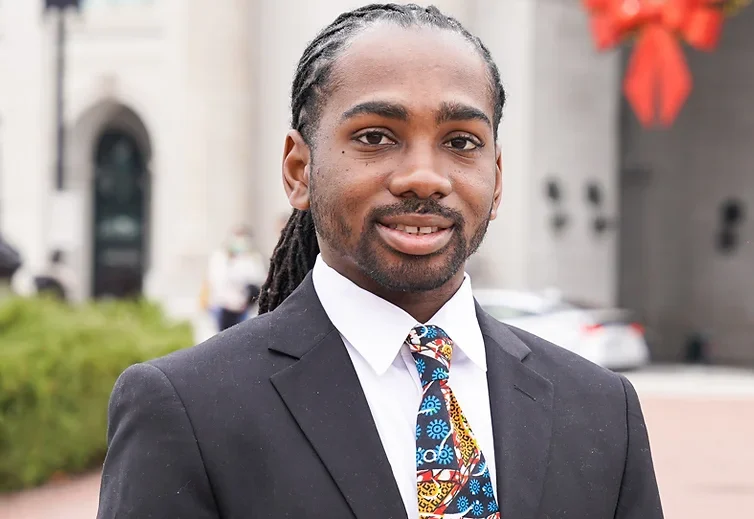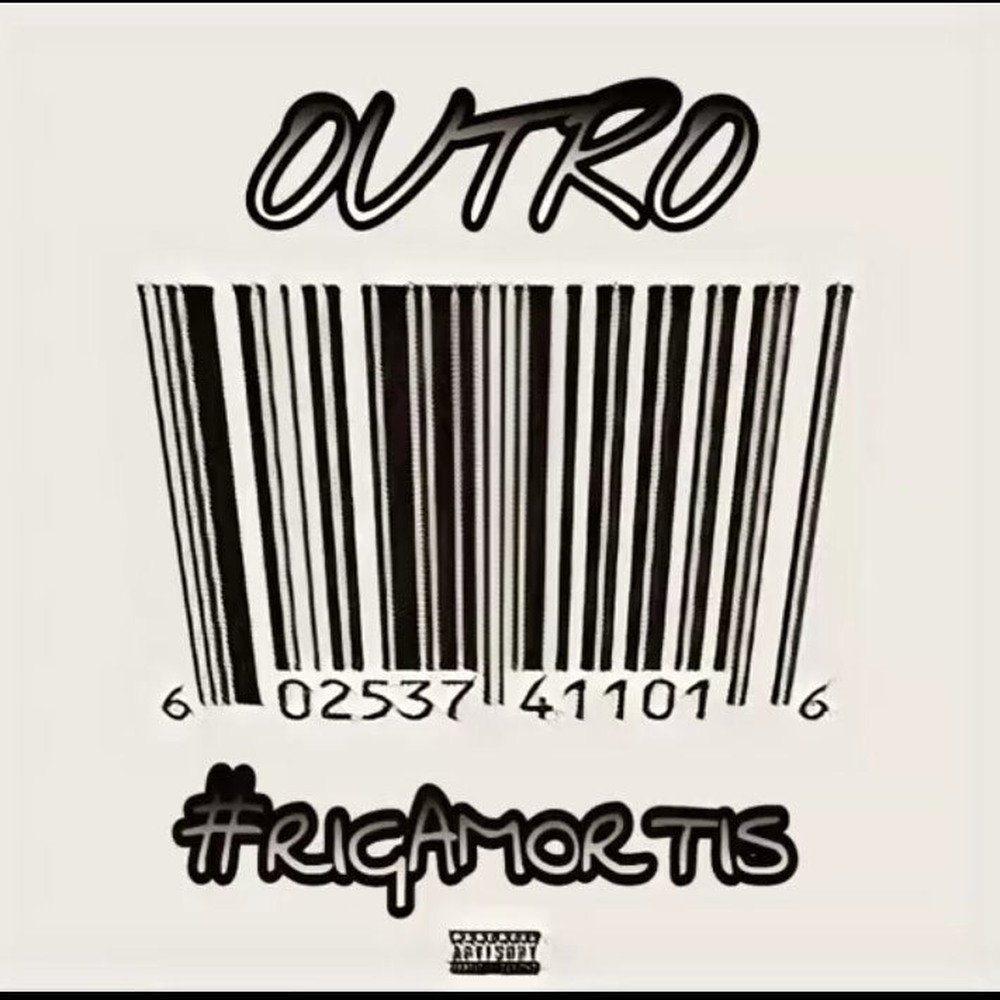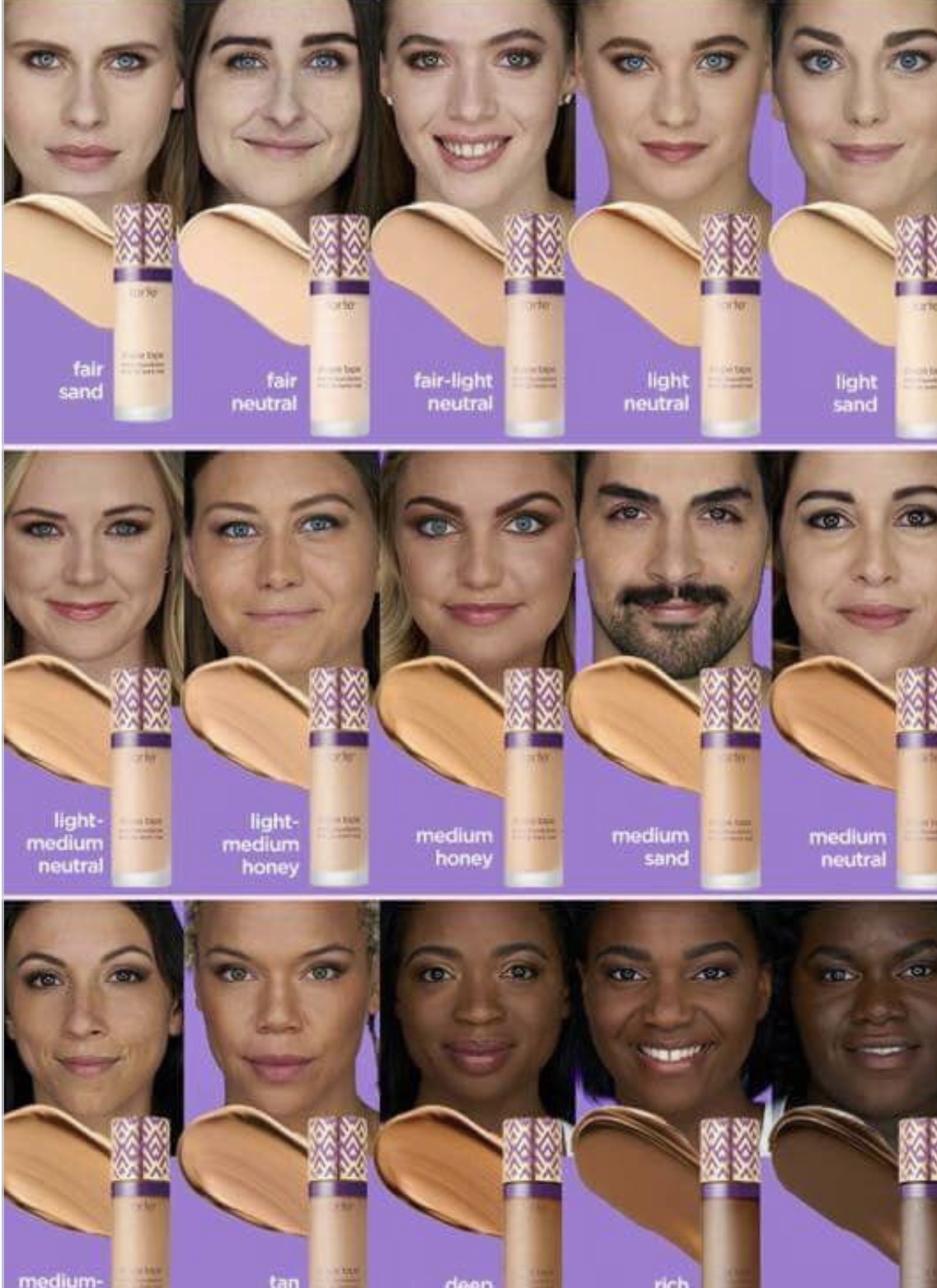
Trump says he’s taking malaria drug, hydroxychloroquine, in case he gets coronavirus
President Donald Trump stated that he is taking hydroxychloroquine, a drug used to fight malaria, to reduce his chances of contracting COVID-19. However, the drug has not been proven to
President Donald Trump stated that he is taking hydroxychloroquine, a drug used to fight malaria, to reduce his chances of contracting COVID-19. However, the drug has not been proven to fight the virus.
He told reporters that he has been talking the drug along with a daily zinc supplement daily for about a week and a half now. Trump spent weeks pushing the drug as a potential cure for COVID-19 against the cautionary advice of many of his administration’s top medical professionals. The drug has the potential to cause significant side effects in some patients and has not been shown to combat the new coronavirus.
Trump’s doctor did not recommend the drug to him; instead, he requested it from the White House physician.
“I started taking it, because I think it’s good,” Trump said. “I’ve heard a lot of good stories.”
He dismissed reports of side effects, saying, “All I can tell you is, so far, I seem to be OK.”
 Trump repeatedly has pushed the malaria drug hydroxychloroquine with or without the antibiotic azithromycin. No extensive or rigorous studies have found them safe or effective for preventing or treating COVID-19. They can cause heart rhythm problems and other side effects. The Food and Drug Administration (FDA) made it clear that the drug should only be used for coronavirus informal studies.
Trump repeatedly has pushed the malaria drug hydroxychloroquine with or without the antibiotic azithromycin. No extensive or rigorous studies have found them safe or effective for preventing or treating COVID-19. They can cause heart rhythm problems and other side effects. The Food and Drug Administration (FDA) made it clear that the drug should only be used for coronavirus informal studies.
Two extensive observational studies, each involving around 1,400 patients in New York, recently found no benefit from hydroxychloroquine. Two new ones published Thursday in the medical journal BMJ reached the same conclusion.
Another study from China observed 150 adults hospitalized with a mild or moderate illness and randomly assigned them to get hydroxychloroquine or usual care. The drug made no difference in rates of clearing the virus or time to relief of symptoms and brought more side effects.
In April, the NIH launched a study testing hydroxychloroquine versus a placebo drug in 500 hospitalized COVID-19 patients. Last week, they announced another research to see if the drug plus azithromycin can prevent hospitalization or death in people with mild to moderate illness. About 2,000 U.S. adults with confirmed coronavirus infections and symptoms such as fever, cough, or shortness of breath will get drugs or placebo pills.












